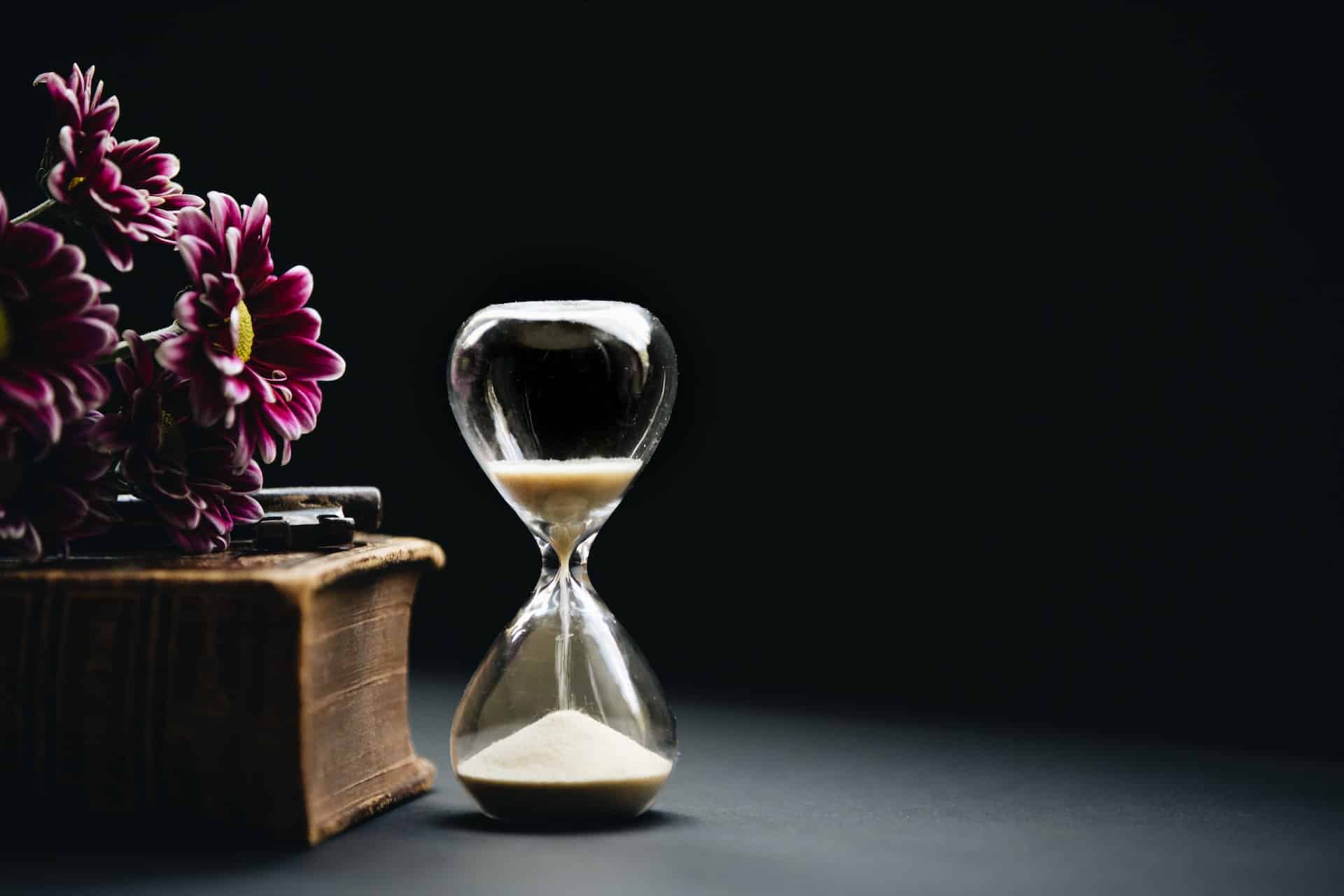








The Slippery Road From Drug Use To Misuse
National Drug and Alcohol Facts Week (NDAFW) is a public health observance that happens annually in the United States. It aims to empower individuals by creating awareness about the use of substances. Particular focus is placed on adolescents who are at a time in their lives in which they are experimenting, exploring their identities, influenced by peer pressure, and taking risks. It is therefore helpful to highlight the risks around substance use and substance misuse, and how there is a very fine line between the two which, once crossed, can devastate lives in the long term.
The Underpinning Motivation Of Substance Misuse
When I’ve worked with people who started using substances in their younger years (some as early as 12 years old), I notice how often it starts with alcohol, leads to marijuana, and progresses toward the ‘harder drugs’, like cocaine and heroin. The need for awareness about substances and the risks to young people should not be underestimated because they’re in a vulnerable position. Their pre-frontal cortex is still forming, this is the part of the brain that is responsible for judgement and decision making – making them a lot less risk averse.
But, many of the adult clients I have worked with didn’t step onto the slippery slope of of substance use and slip into misuse because of peer pressure, or other aspects of these years of experimentation. Many of them actually had some sort of devastating and traumatic experience that influenced their need for emotional connection with others.
In fact, many of them used drugs as a way to escape their sadness, and to socialise with friends, friends who were often equally troubled themselves. It wasn’t just a recreational habit, it was a social one, one that enabled a kind of emotional bond and sense of connection to others.
What Drugs Mean To The User
It’s therefore important to realise the function of drug use for those who have become caught in its web. When someone is trying to manage the impact of traumatic events and coping with trauma symptoms, when they’re in pain and feeling lonely and isolated, when they’re struggling with feelings of self-loathing, and thoughts about wanting to end it all, the drug becomes their best friend, their mother, father, God, the sanctuary on a stormy night. It listens, it heals, it offers solace, and it understands…but only for a time.
How Psychotherapy Can Help
When I meet with my clients who are struggling to abstain, whilst feeling judged, disapproved of, and sensing frustration from loved ones (if there is anyone left), I realise the importance of understanding their journey and to learn what led this particular person, to substances, and what has kept them there.
This is a journey of excavation, of understanding the pain and turmoil, of working through it with clients, responsibly, usefully, and in a connected way, that is, within the boundaries of a healthy therapeutic relationship. This is easier to say, and harder to do, especially if abstinence is not yet achieved, and we as therapists are competing with the so called ‘sanctuary’.
But, this ‘sanctuary’ is in fact an illusion, it is the creature that lays a honey trap for people and keeps them stuck in a world of pain. Through hard work, effort, and connectedness, individuals can and do take back control. They can live the lives they deserve, and they can begin to feel deserving of what life has to offer.
At Phinity, we offer a number of therapies and often integrate different ones based on individual needs. This may mean for example taking a practical approach like CBT, as well as some depth work to address the underpinnings of issues. This often leads to significantly improved life prospects and a rediscovery of joy for life. Indeed, for the first time people may experience meaningful and romantic relationships, and achieve that strong emotional connection they’ve been yearning for, they can work through complex trauma (the potential cause of their addiction), and learn new emotional responses to challenges.
I have often observed these kinds of outcomes in the lives of my clients and it’s always wonderful to see them start to re-live life, rather than continue to watch it ebb away in a haze.
- Why Is Suicide So Prevalent In KPOP? RIP Moon Bin
- PTSD: Case Study of Thomas Shelby
- Paedophilic Obsessive-Compulsive Disorder (POCD) I
- The Value Of Confronting Self-Doubt As A Psychotherapist
- An Introduction To Couples Therapy: Part II Doubts About Counselling
- A Warm Welcome From Phinity Therapy
- Rehanna Talks Issues
- Rehanna Discusses Phinity Services
- The HEALTHIER WAY To Grieve
- What Your THERAPIST'S TITLE REALLY MEANS!








